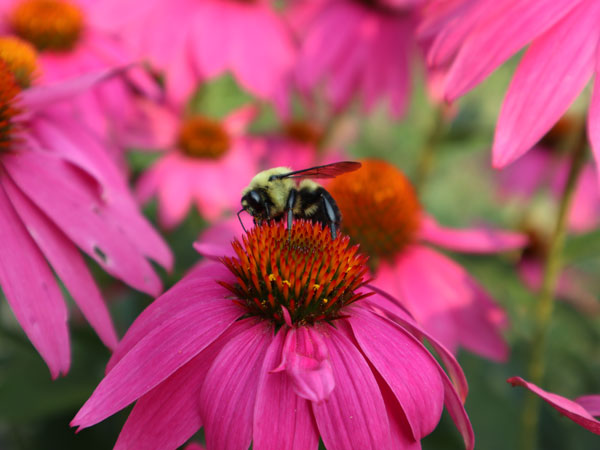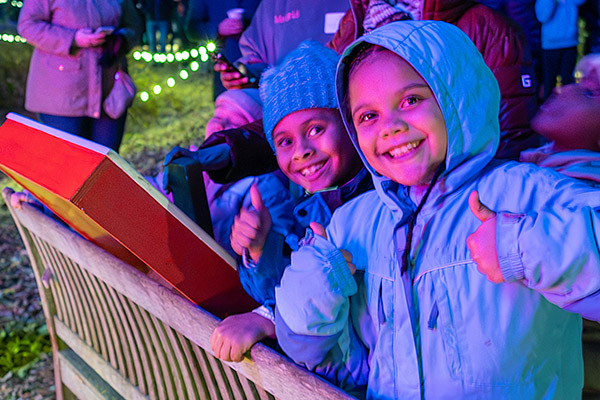With the popularity of No Mow May, I’m sure you’ve been hearing a lot of buzz about bees and how we can help them. After all, they do play a huge role in maintaining our plant biodiversity, and getting food on the table. However, bees have risen to pollinator poster child status, and most people don’t know about the many other species that are hard at work. Let’s dive into some less popular pollinators, and how they get their job done!
Flies & Mosquitos
Most of us don’t think fondly of flies and mosquitos, but flies are actually the second most efficient pollinator of crops in the United States! It’s kind of foul, but they’re attracted to flowers that smell or look like decaying plants or animals. It’s no wonder they don’t get the coverage honeybees do – they’re a PR nightmare!
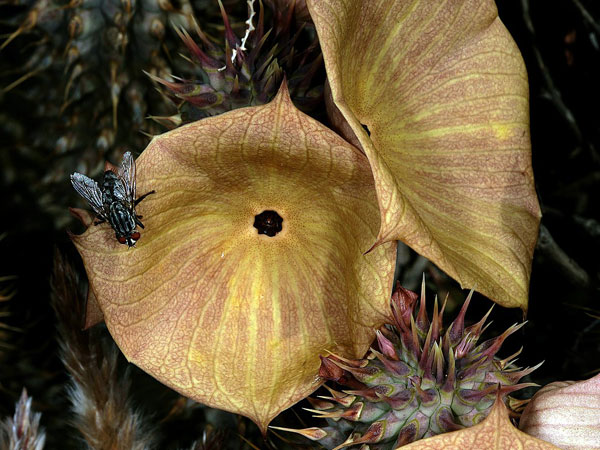
Nonetheless, they play an important role in pollination. They can be more effective pollinators in lower temperatures because unlike bees, they aren’t trying to provide for a larger hive. Maybe these pests aren’t so pesky after all!3
Moths
Pollination is a continual process, and being mostly nocturnal, moth and bat species take the night shifts. This is critical because certain types of flowers are more fragrant or only bloom after dusk. Like most butterflies, moths are attracted to the flower’s nectar, not the pollen. With pollen stuck to their bodies, moths travel between flowers sipping nectar, thus pollinating them.4
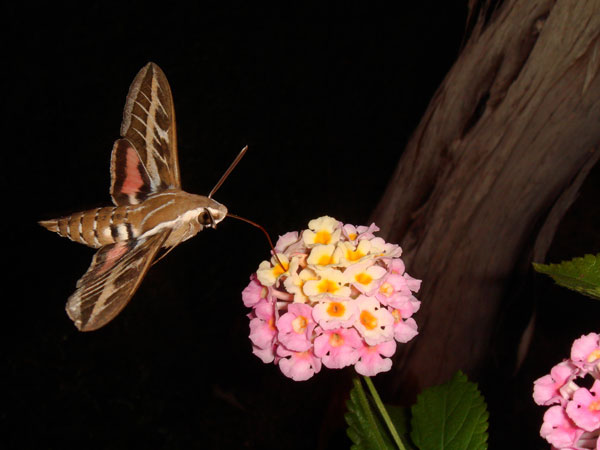

Bats
In warm climates, more than 500 plant species depend on their flowers being pollinated by bats. Bats also pollinate many tropical fruit plants like species of mango and banana.
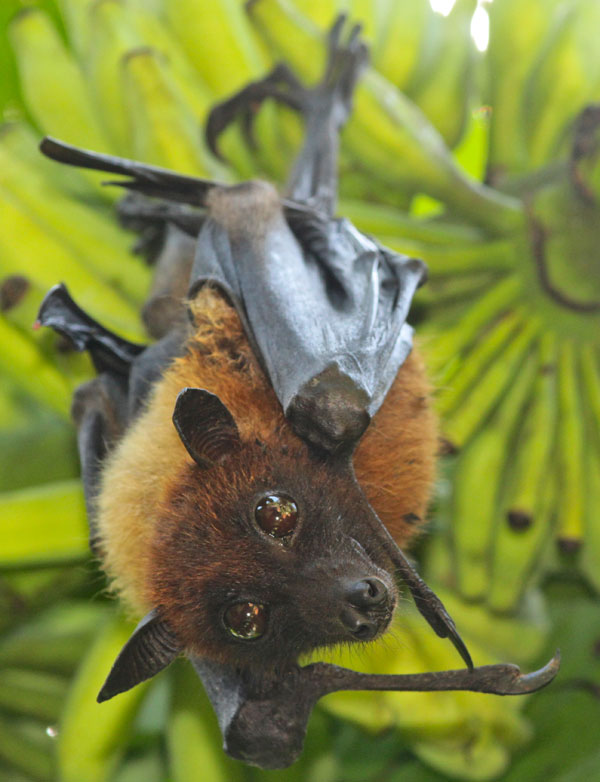

Similar to bees, bats and flowering plants have struck a deal. Bats enjoy the fruits of their labor, literally! Nectar is an important part of tropical bats’ diets, and they may even swing by later to enjoy the fruit that’s grown due to their hard work!2
Beetles & Ants
Beetles and ants aren’t the most effective pollinators, but to their credit, they don’t really even know what they’re doing. Beetles are accidental pollinators. In search of food sources or other beetles, they’ll romp around in flowers that grow low to the ground. By happenstance, it’s not uncommon for them to cross-pollinate.5 Similarly, nectar is a great source of sustenance for ants. Because of this, ants will occasionally pollinate flowers in their plunder.1
Fun Fact: Peony flowers are actually pollinated by ants!
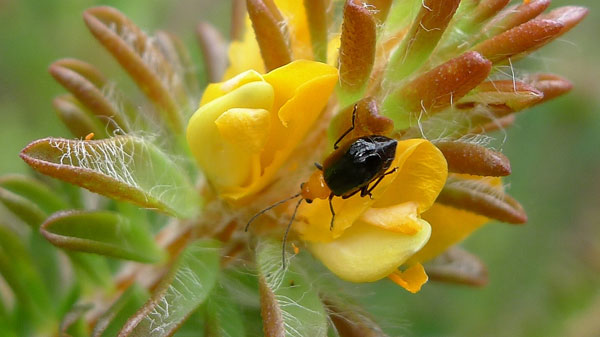

Clearly, there’s another side to the pollination story. No Mow May has had wonderful success in bringing attention to our struggling bee communities. While that’s great, it’s also important that we take care of and maintain habitats for our other pollinator species, as every pollinator fills a different niche to support our biodiversity.
Pollination is a team effort, and that includes our responsibility to protect the little guys that get the job done!
Sources
- “Ant Pollination.” US Forest Service, www.fs.usda.gov/managing-land/wildflowers/pollinators/who-are-the-pollinators/ants. Accessed 19 May 2023.
- “Bats as Pollinators.” Bat Conservation Trust, www.bats.org.uk/about-bats/why-bats-matter/bats-as-pollinators. Accessed 19 May 2023.
- “Flies.” The Pollen Nation!, ucanr.edu/sites/PollenNation/Meet_The_Pollinators/Flies/. Accessed 19 May 2023.
- “Moth Pollination.” U.S. Forest Service, www.fs.usda.gov/wildflowers/pollinators/animals/moths.shtml. Accessed 19 May 2023.
- “The Why, What, When, Where, Who, How of Pollination.” Smithsonian Gardens, 25 Oct. 2021, gardens.si.edu/gardens/pollinator-garden/why-what-when-where-who-how-pollination/. Accessed 19 May 2023.


